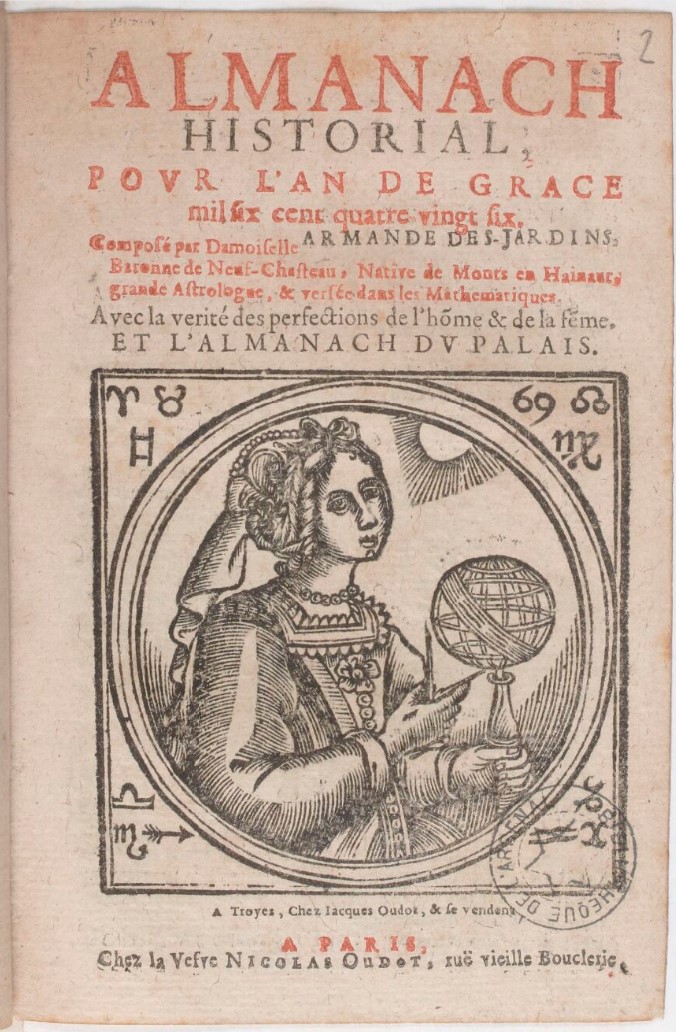
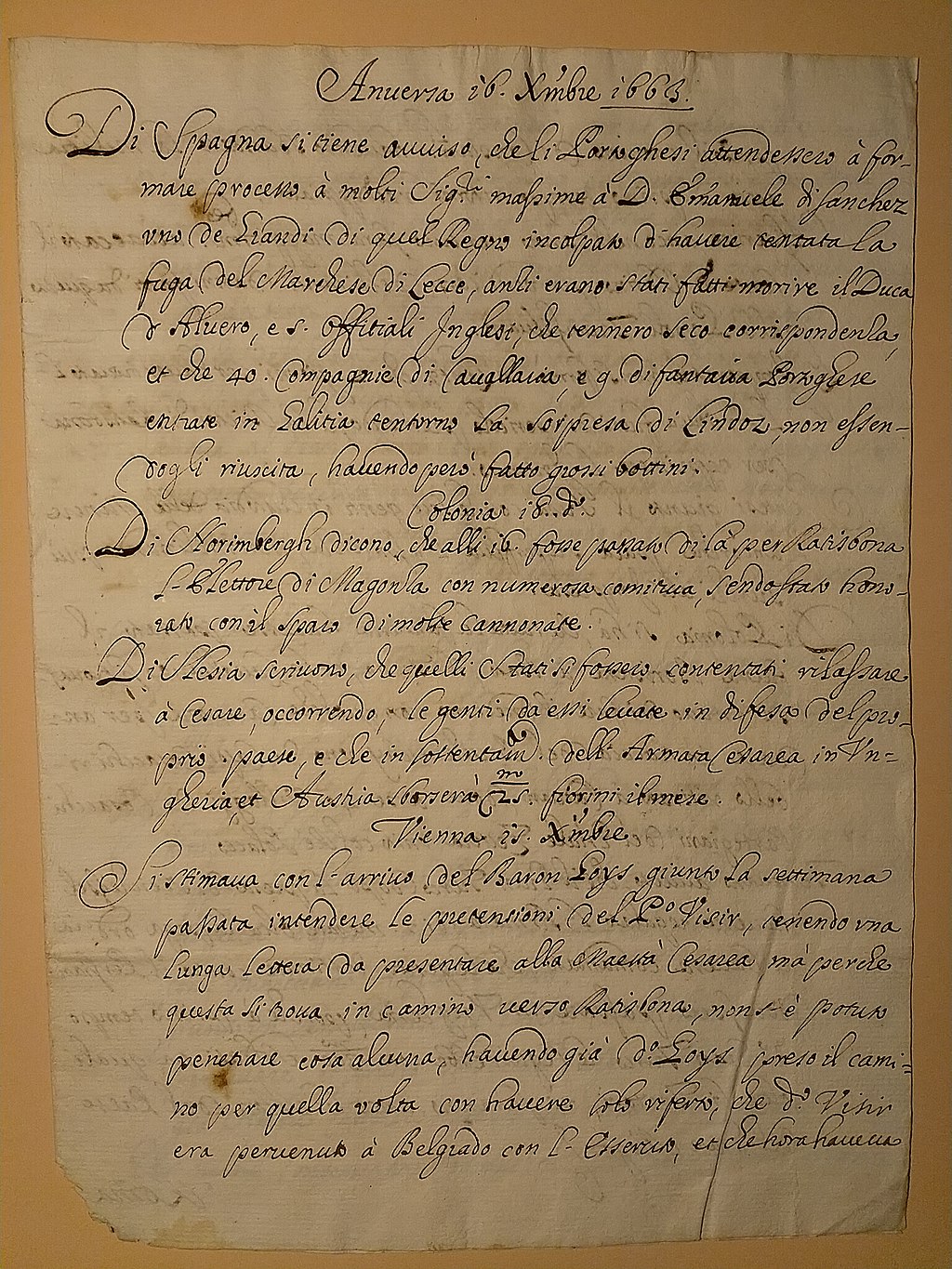
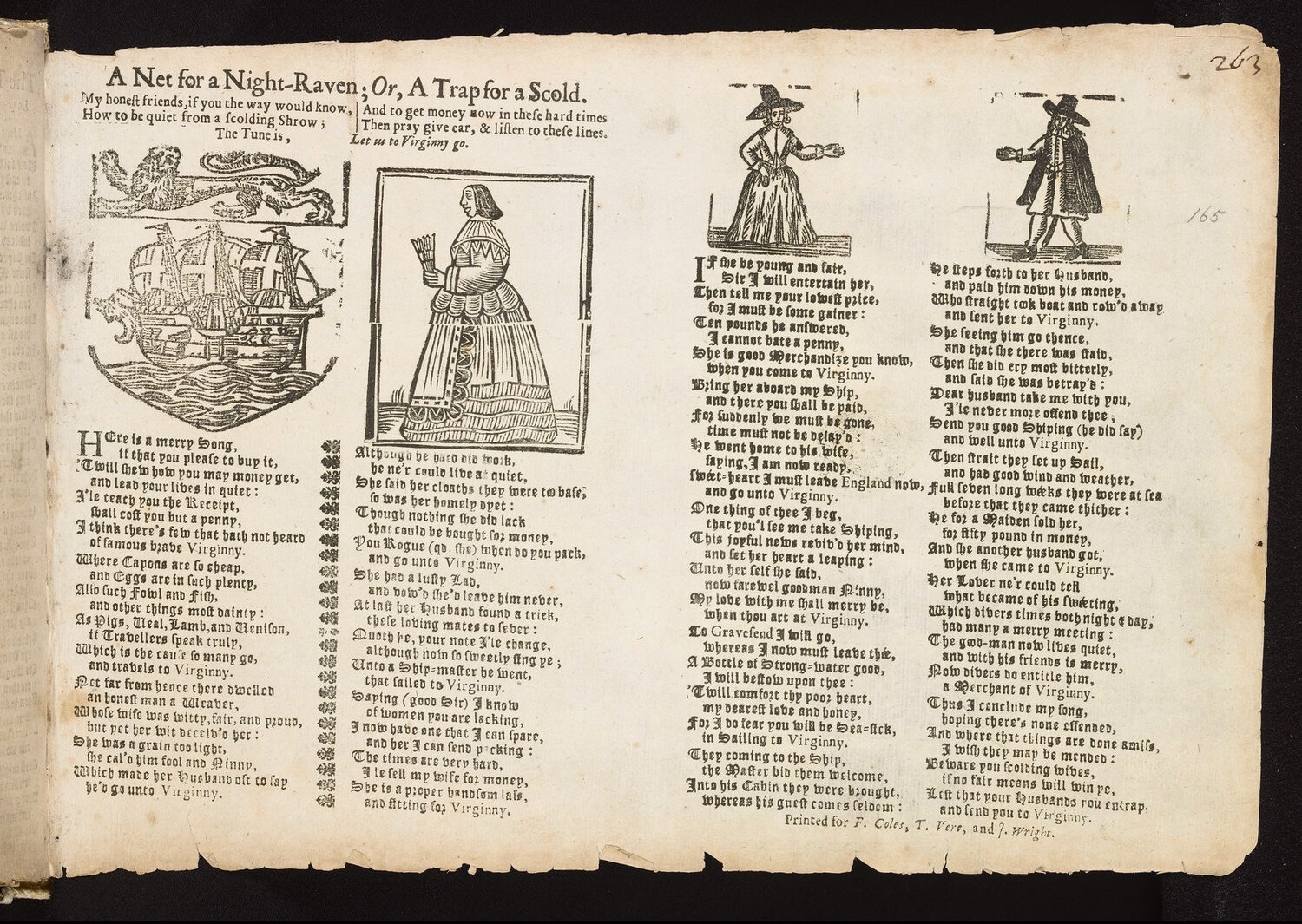
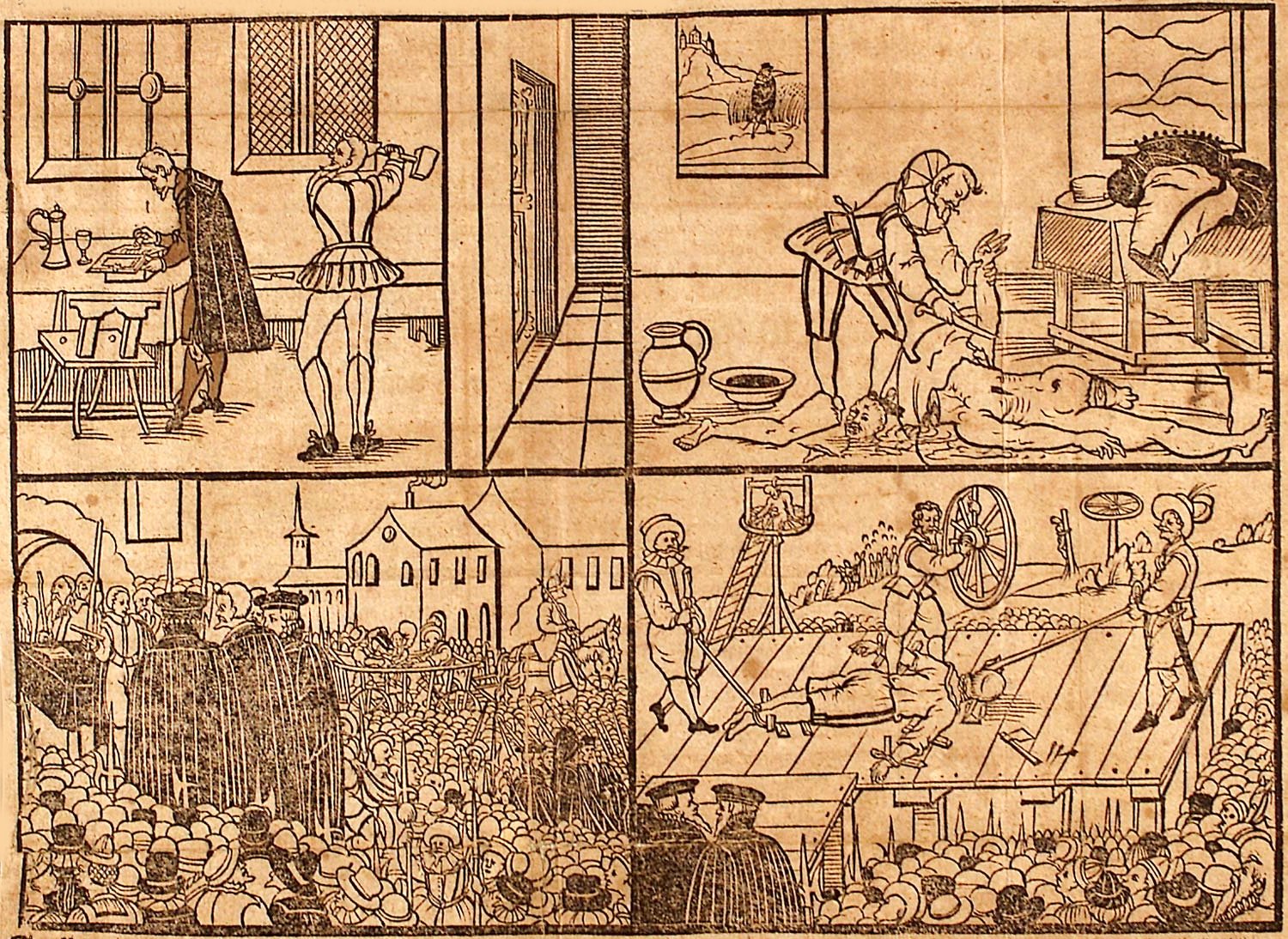
Broadsheet (broadside)
Broadsheets (or broadsides) is a portmanteau term referring to a form of prints consisting of only a single sheet, printed on one side only in the case of broadsides.
Read more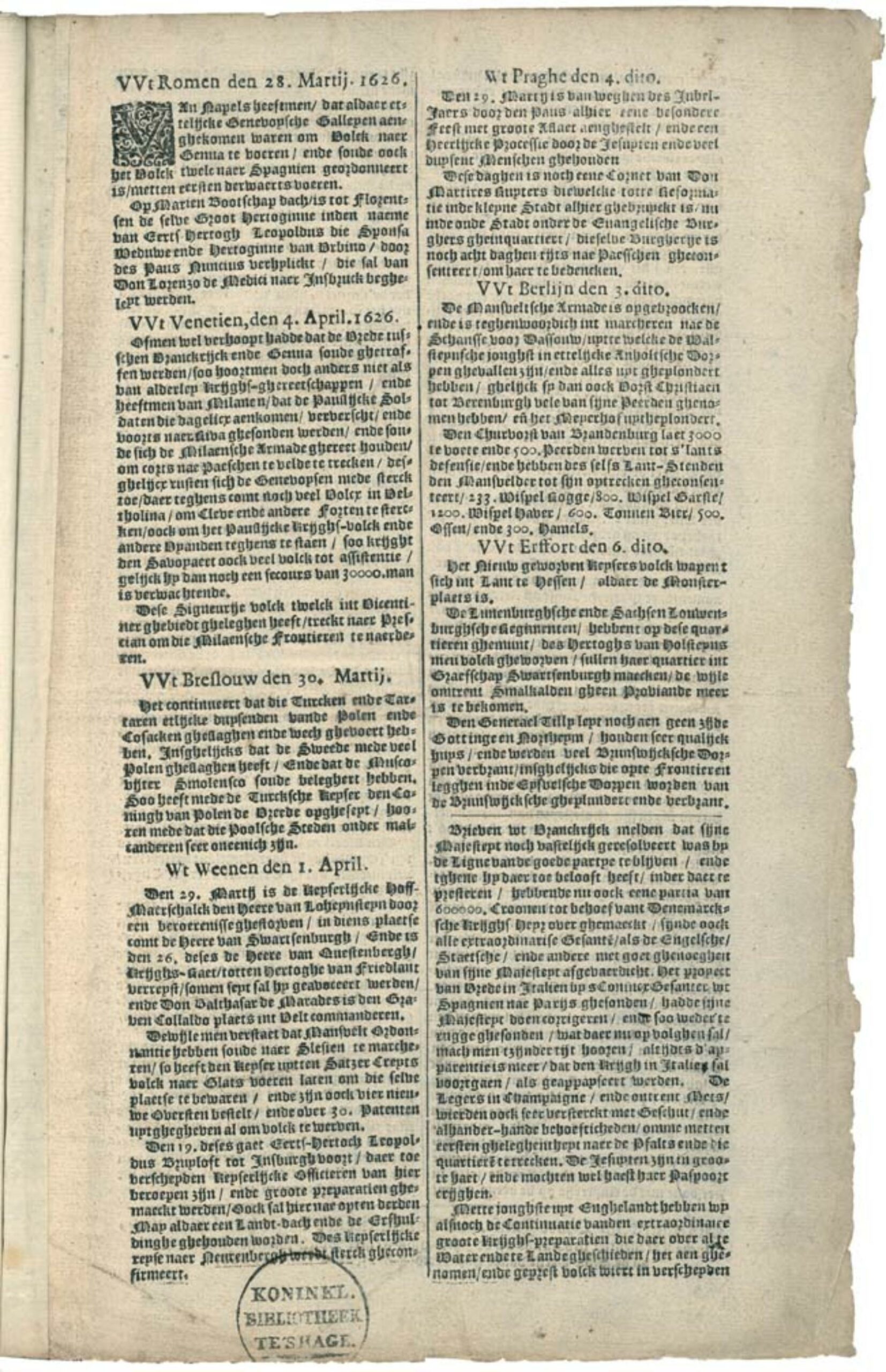
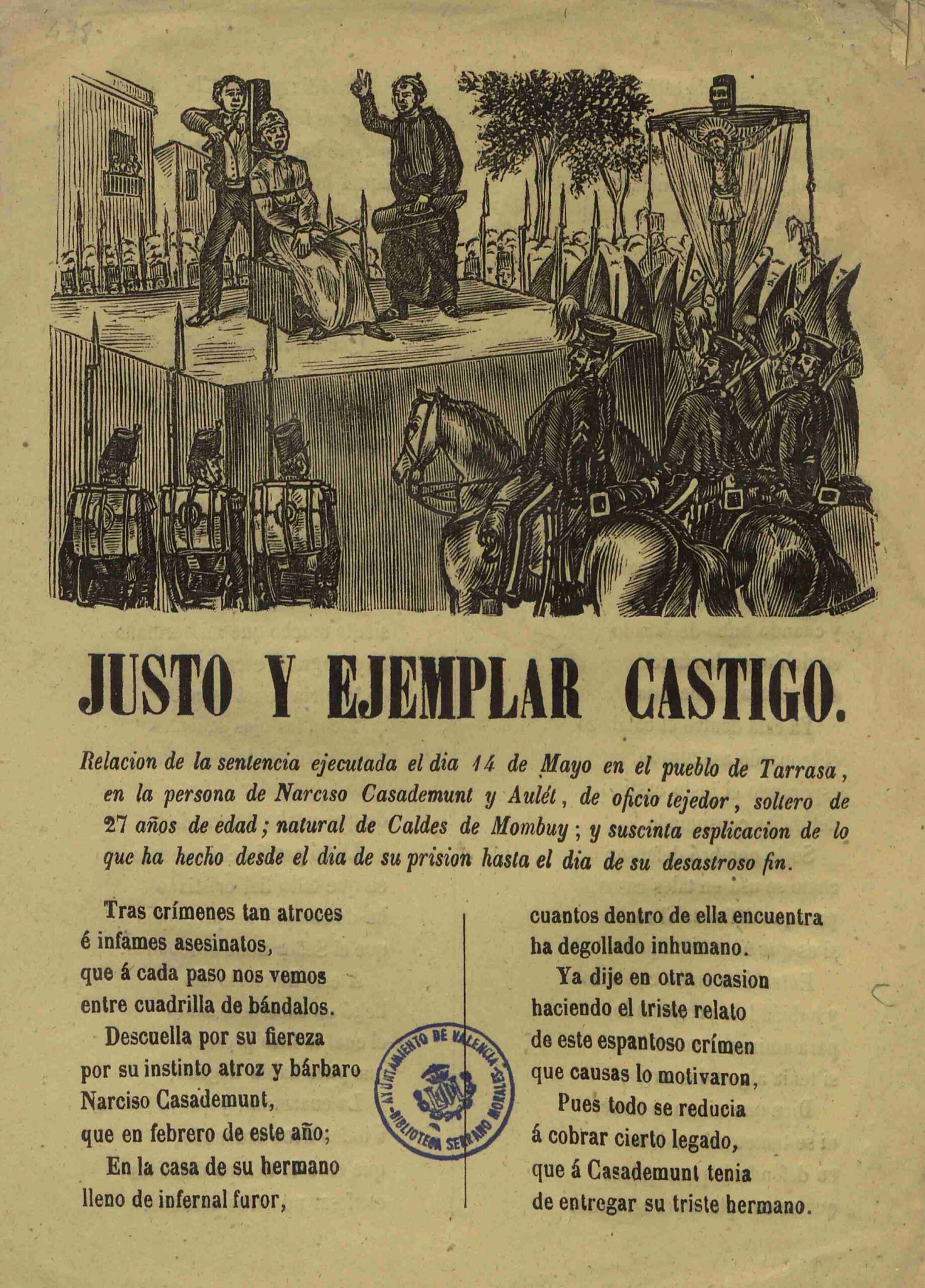
Criminal narrative
Criminal narratives are stories about criminals, be it fictional or non-fictional. This genre comprises many forms such as criminal biographies, dying speeches, murder and execution ballads, and penny prints.
Read more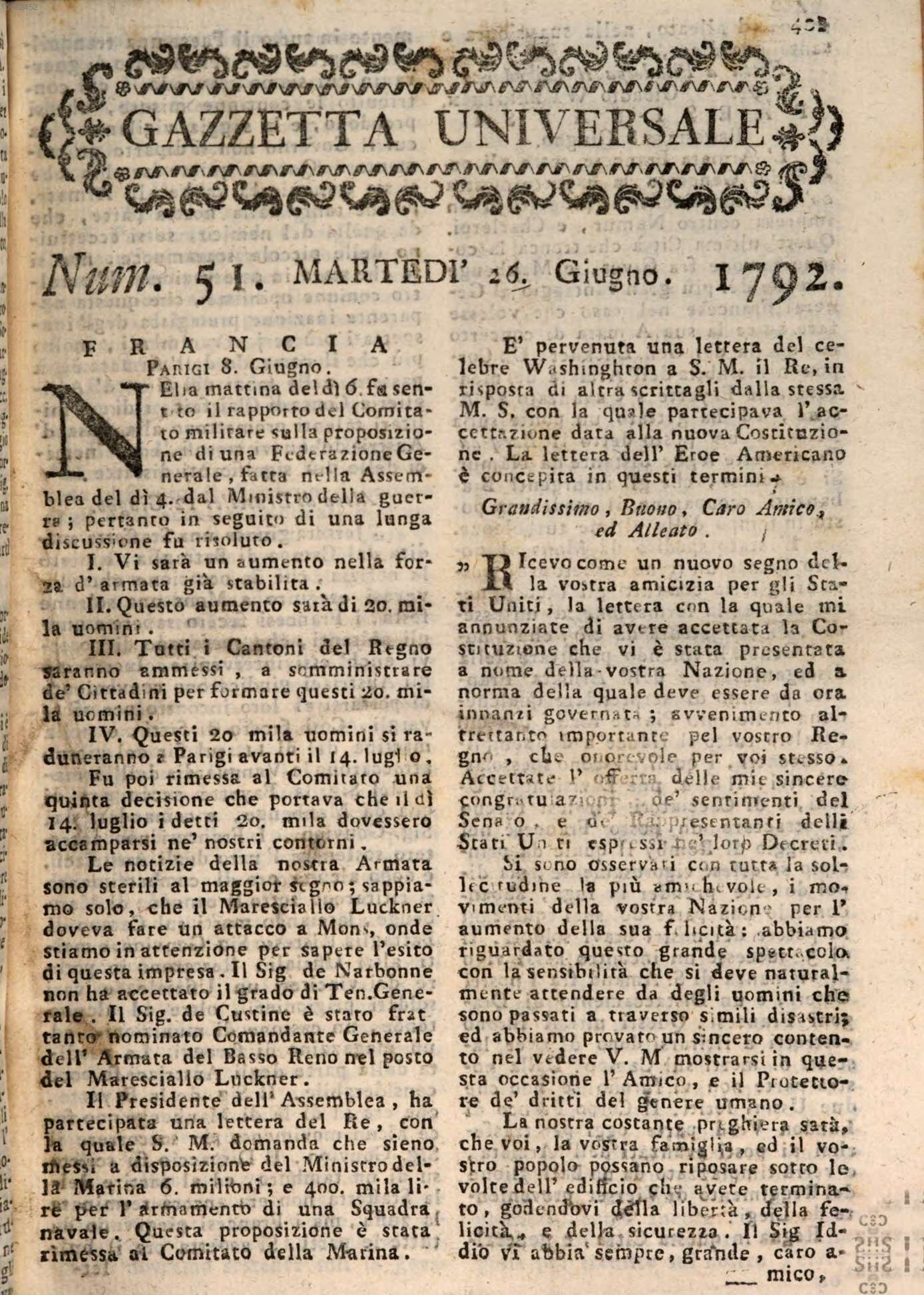
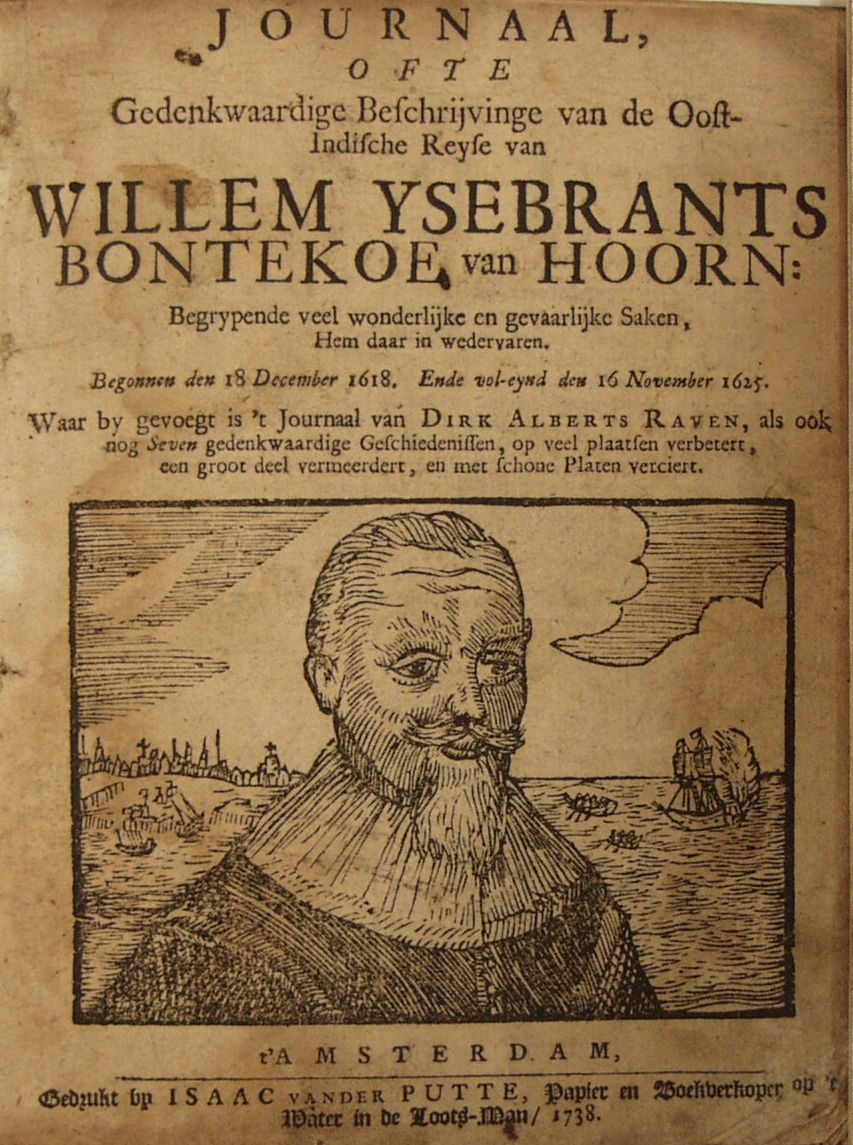
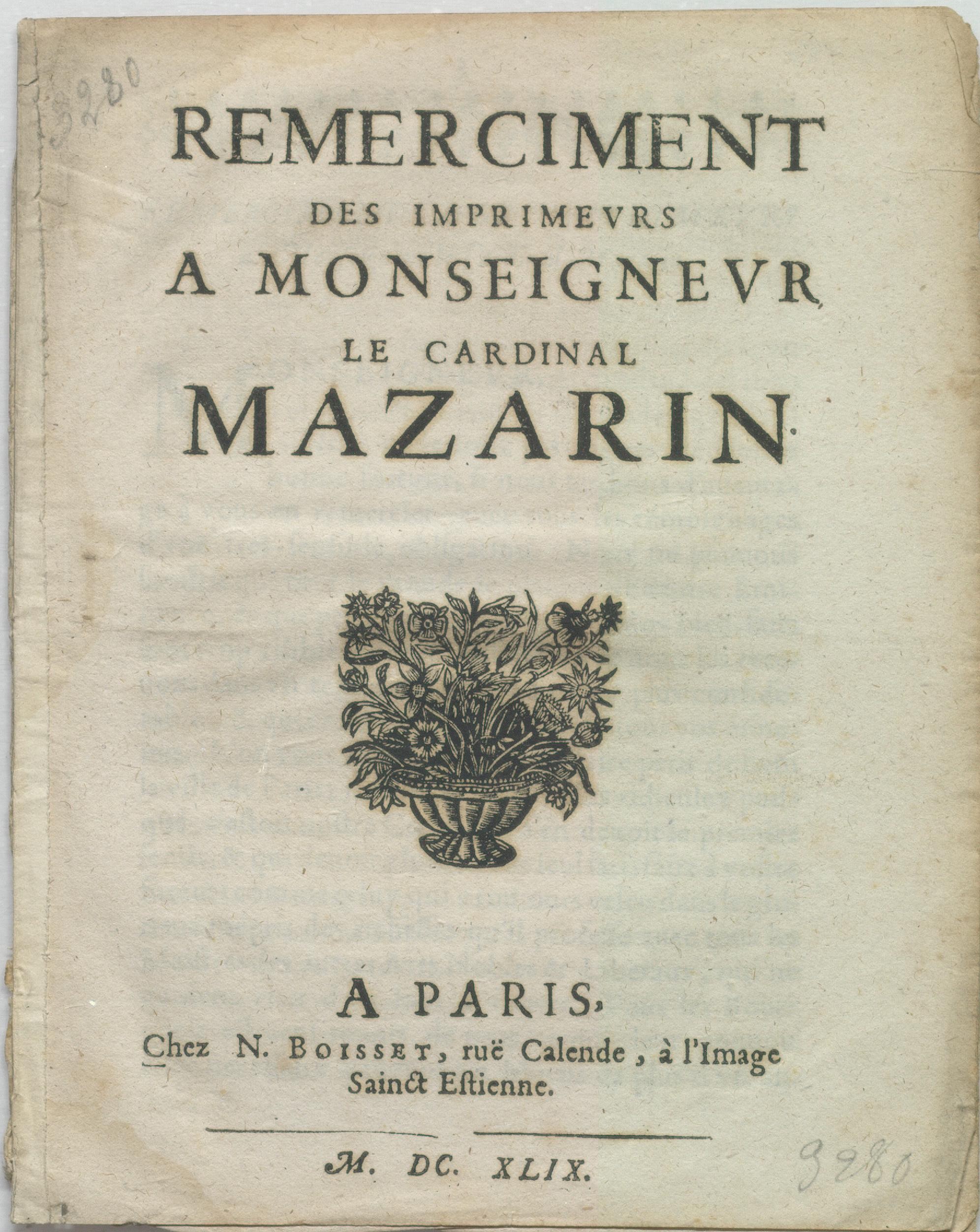
Libel/pasquil
Libels and pasquils were types of pamphlets, (often short) polemical writings with a satirical or outright biting tone.
Read more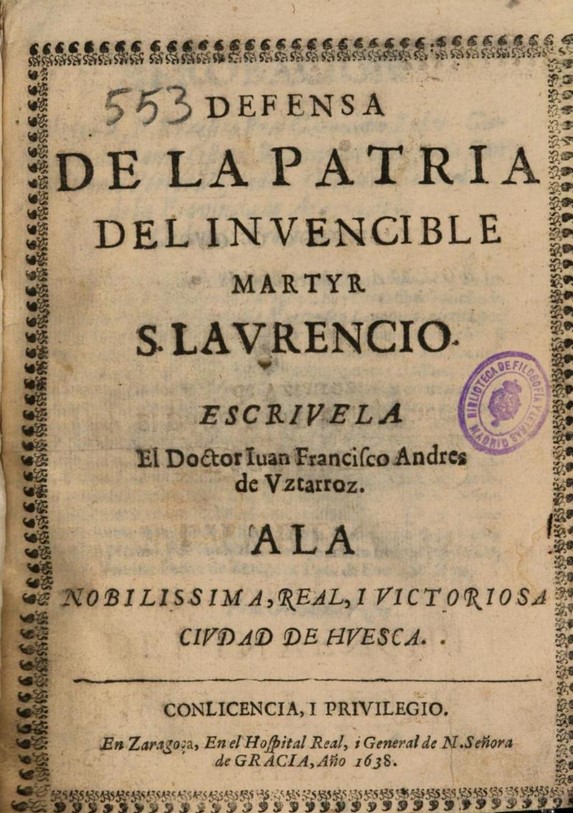
Martyr story
Amidst the religious controversies of the 16th and 17th centuries, especially in Germany, the Low Countries, England, and France, the lives and especially the deaths of contemporary martyrs were the subject of different kinds of publications.
Read more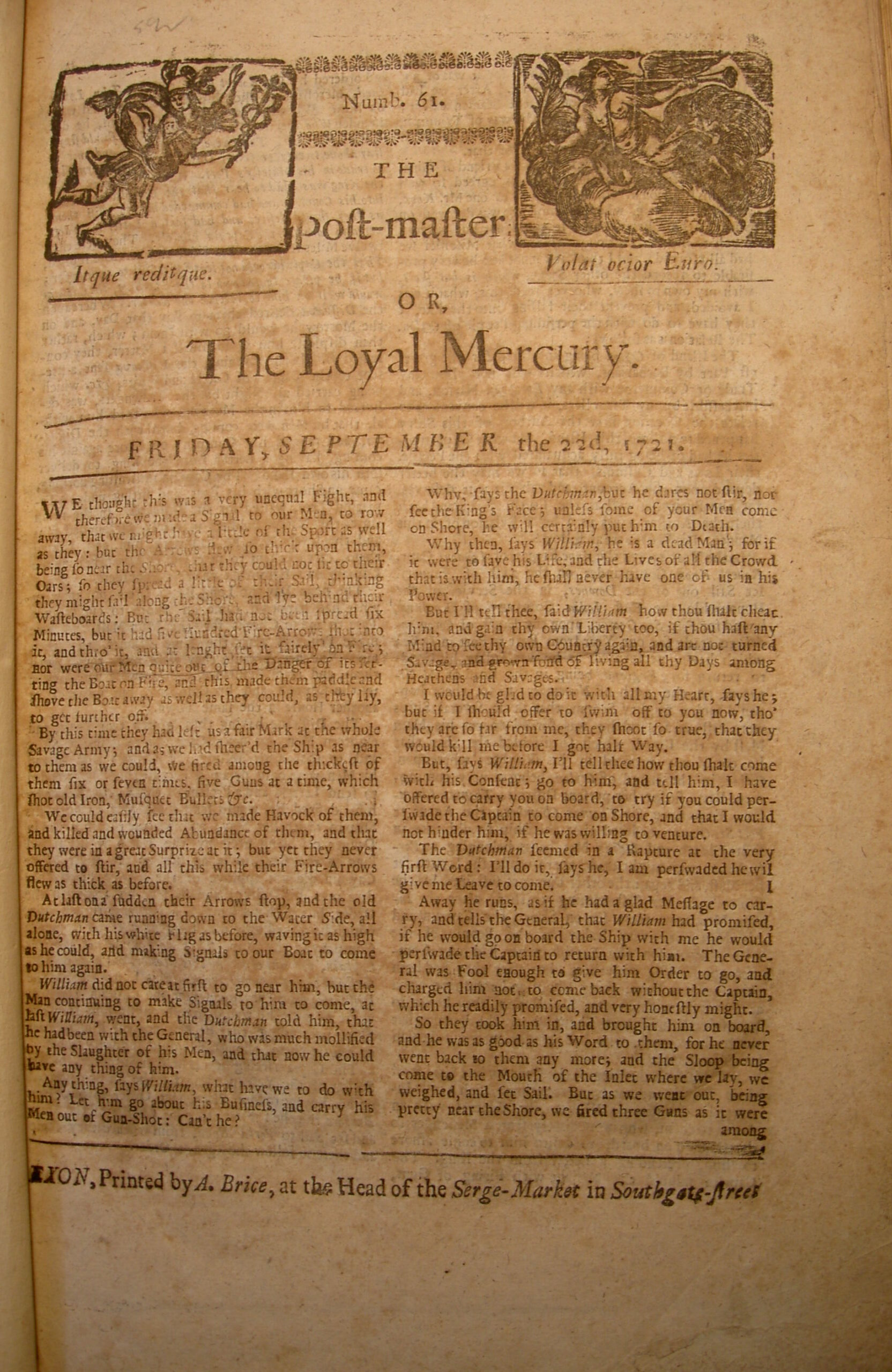
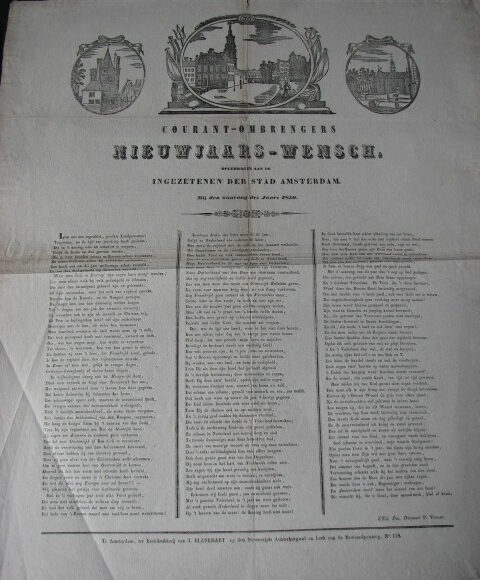
New Year prints
Various types of print related to Christmas and the new year circulated in the early modern period.
Read more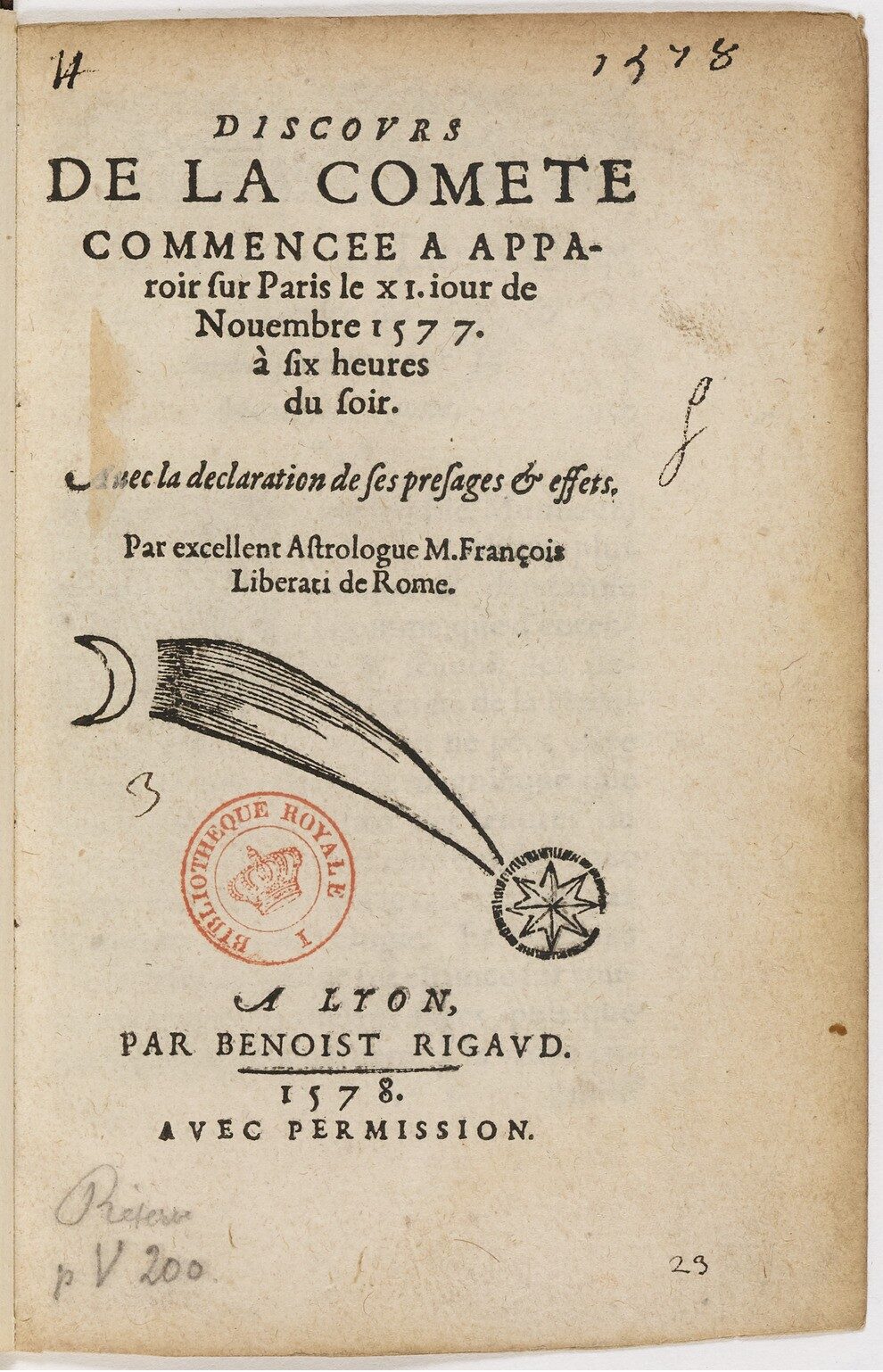
News pamphlet
News pamphlets are small printed items containing just a single news fact or event. Across Europe, they were an important means of distributing printed news in the era before periodicals
Read more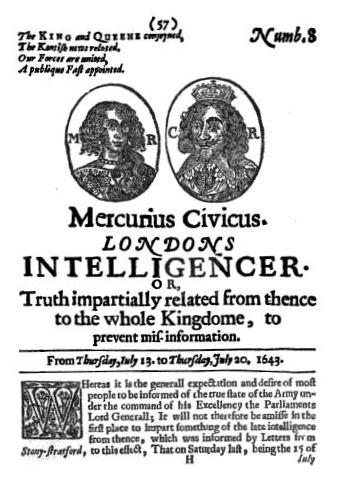
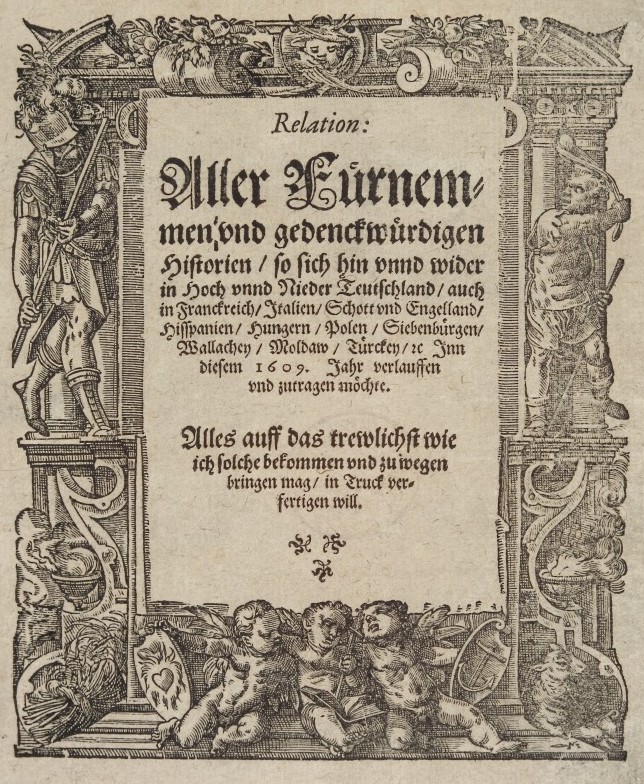
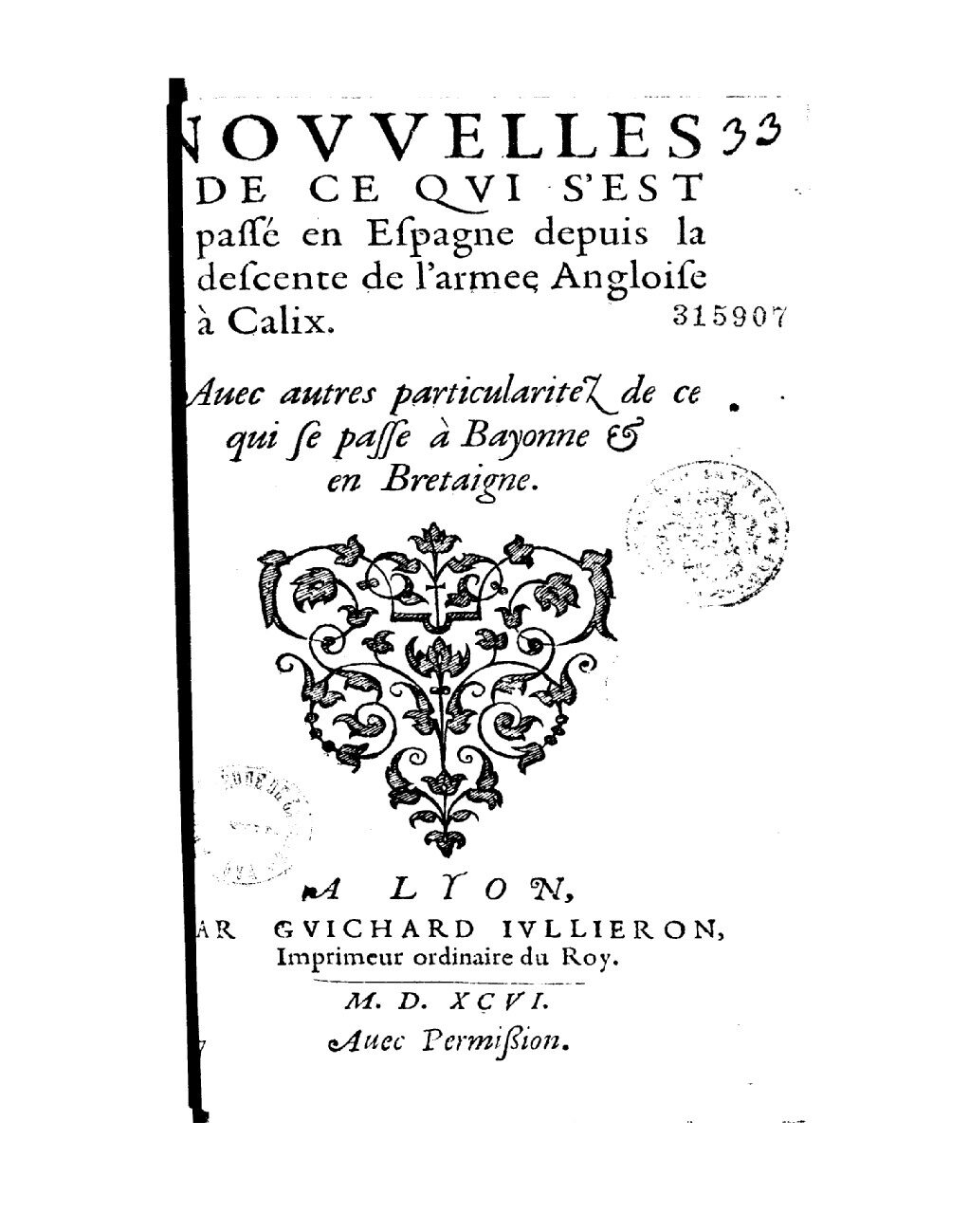
Nouvelle
Term used in French, English, Dutch (nouvelle) and Italian (nuova) to denote a single piece of news, similar in use to tiding and report. Predating, and subsequently running parallel with, the early modern use of nouvelle in a news context, the term was used to indicate a literary genre of short narrative prose.
Read more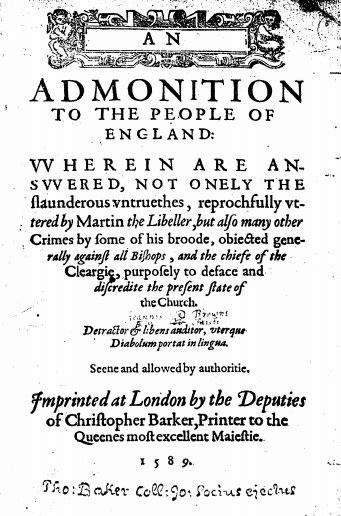
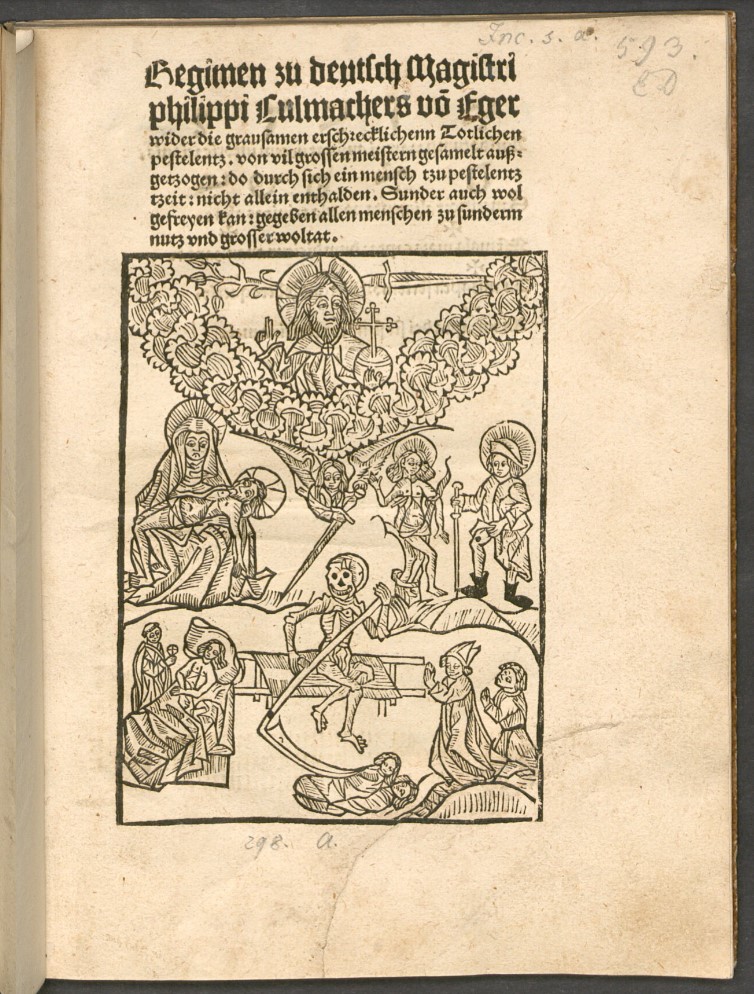
Plague sheet/book
The plague, probably the most-feared disease in early modern Europe, generated an ongoing stream of printed materials, booklets as well as printed images, especially at times of outbreaks.
Read more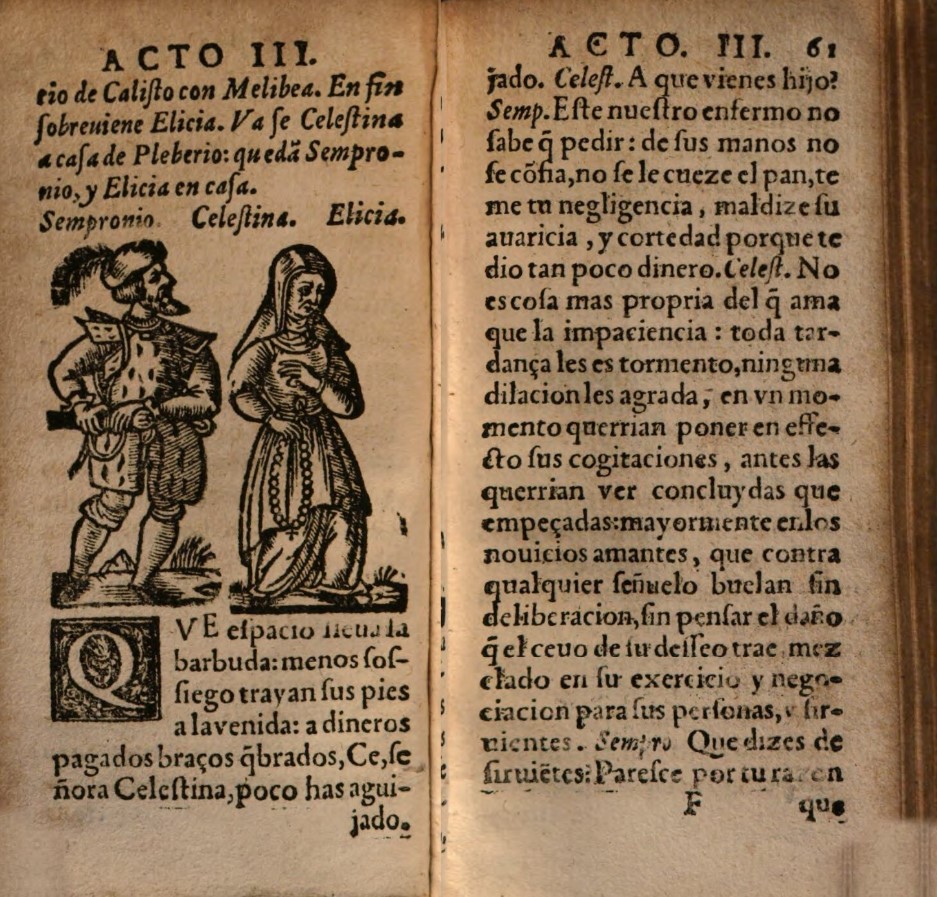
Playbill/Playbook
The term playbill is used for a bill, placard or poster that advertised plays and was intended for public display. They usually also gave the names of the actors. Playbooks contained the theatre texts themselves.
Read more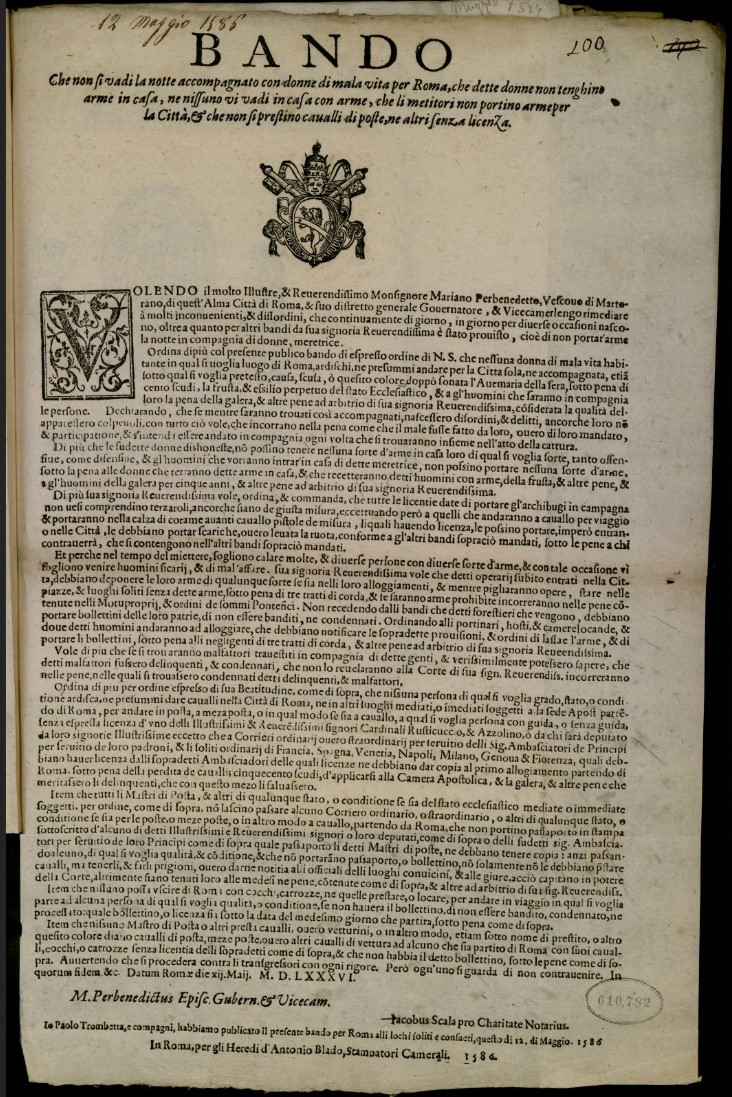
Proclamation
Proclamations or ordinances, usually from the state government, notified the population of official decrees and laws.
Read more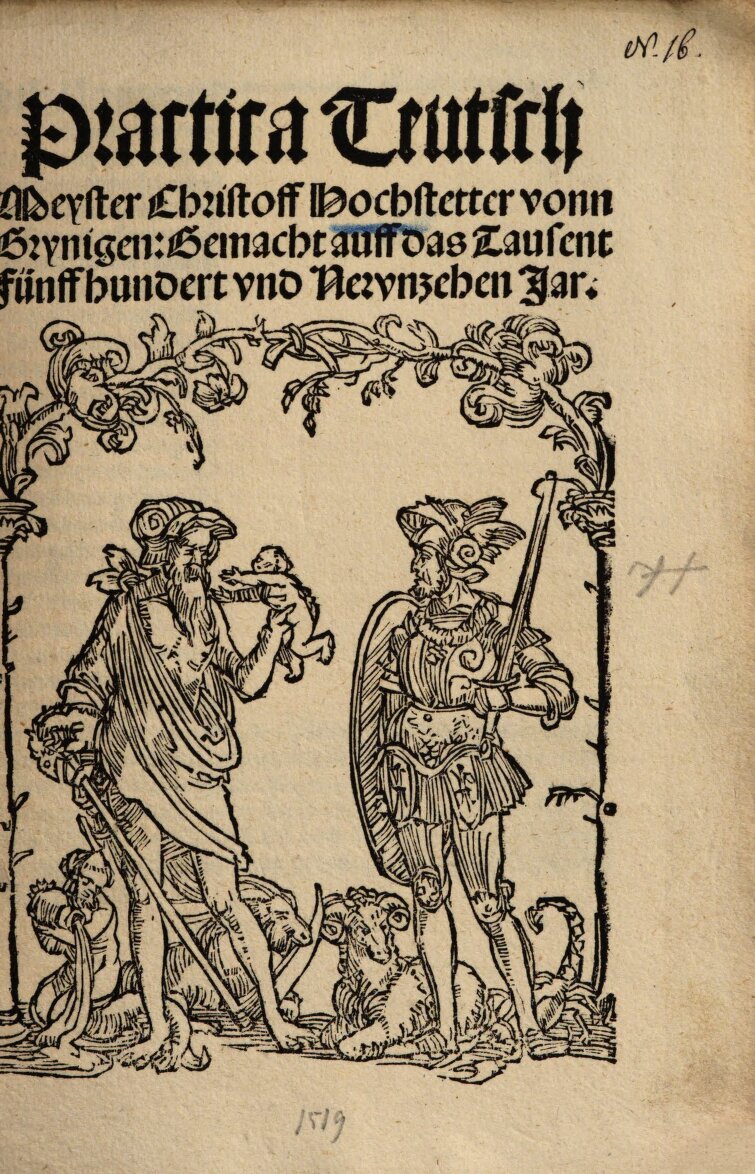
Prognostication
Booklet in almanac form or part of an almanac containing (almost) exclusively predictions for the coming year, describing seasons, months, expected harvests, foreseeable diseases, wars, etc.
Read more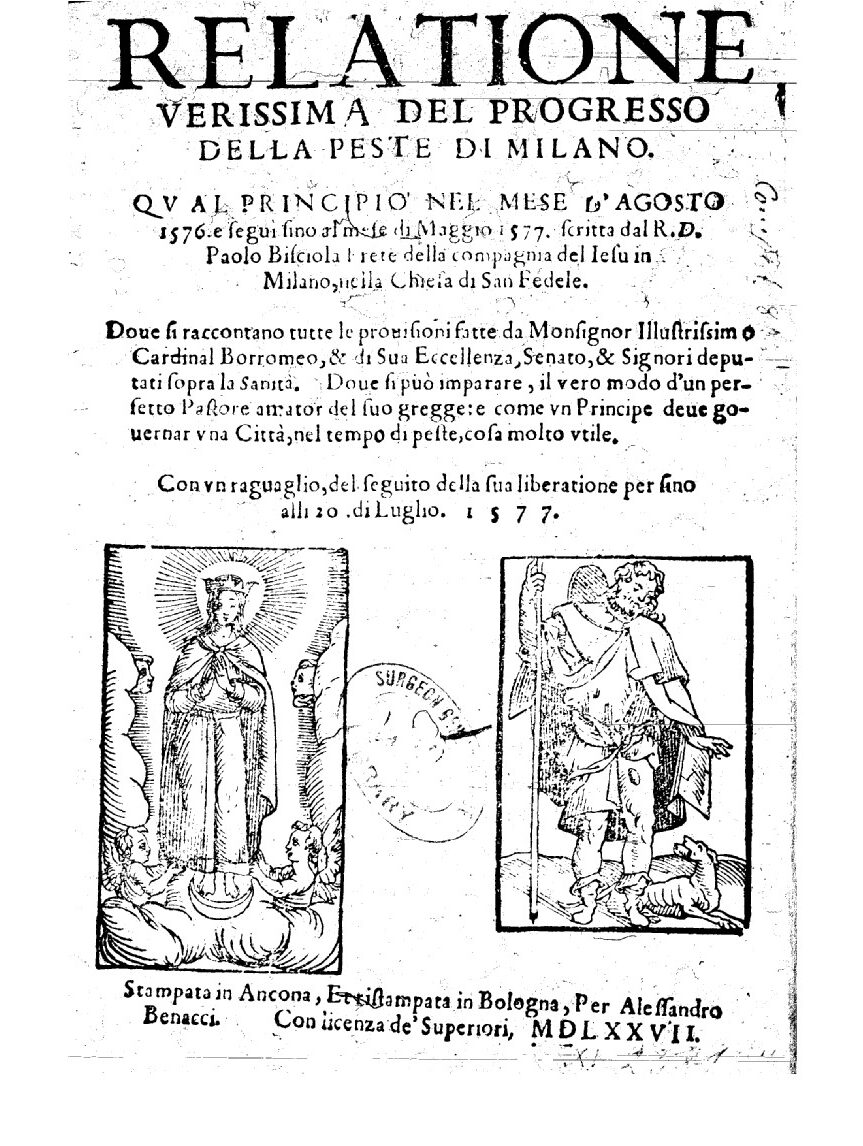
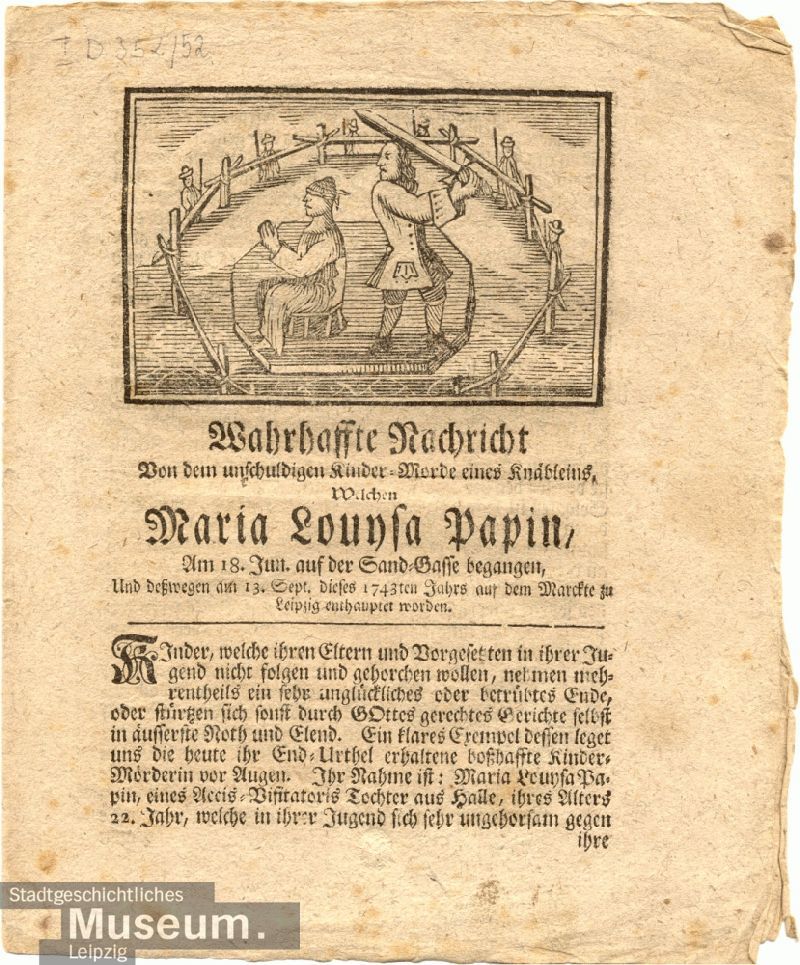
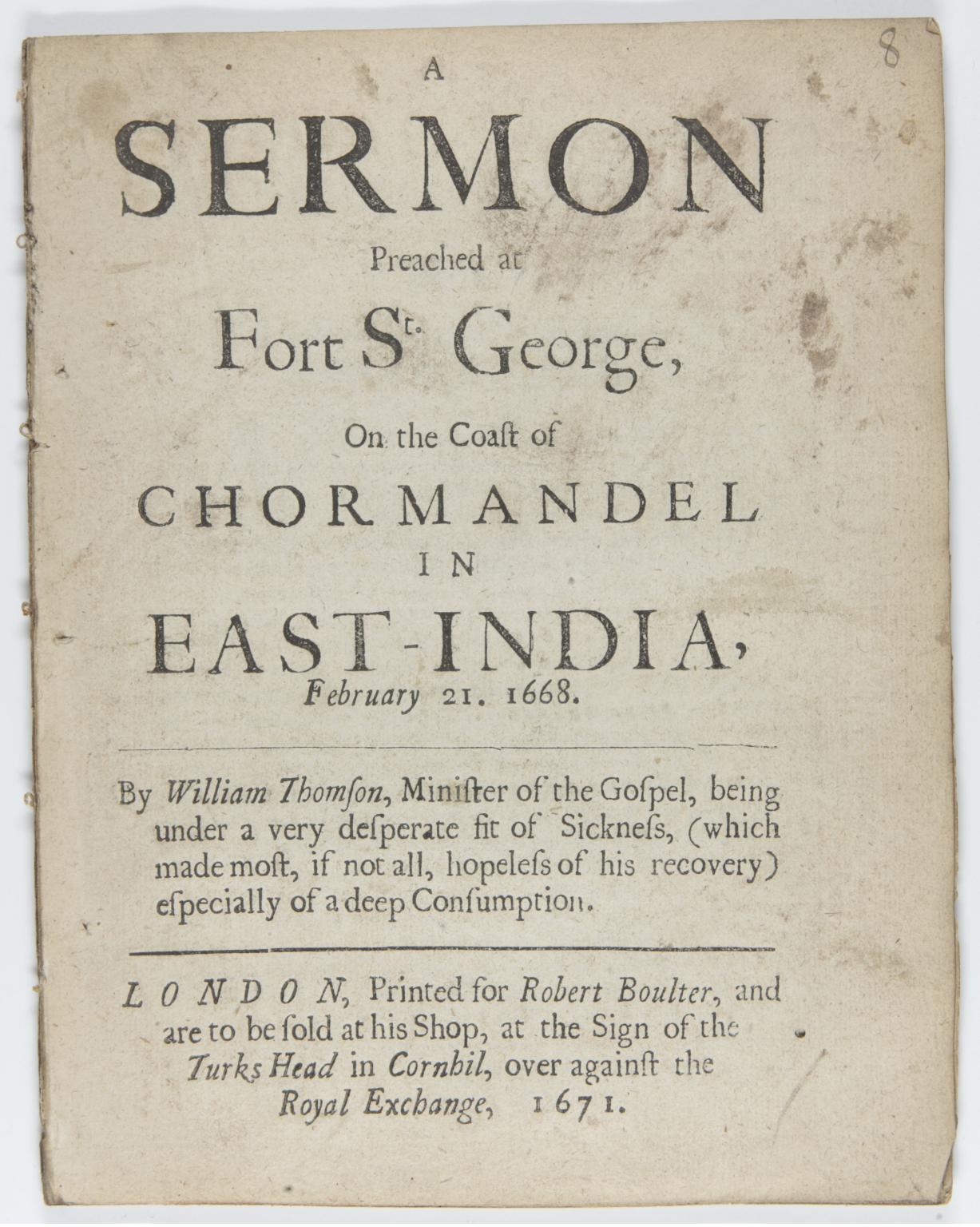
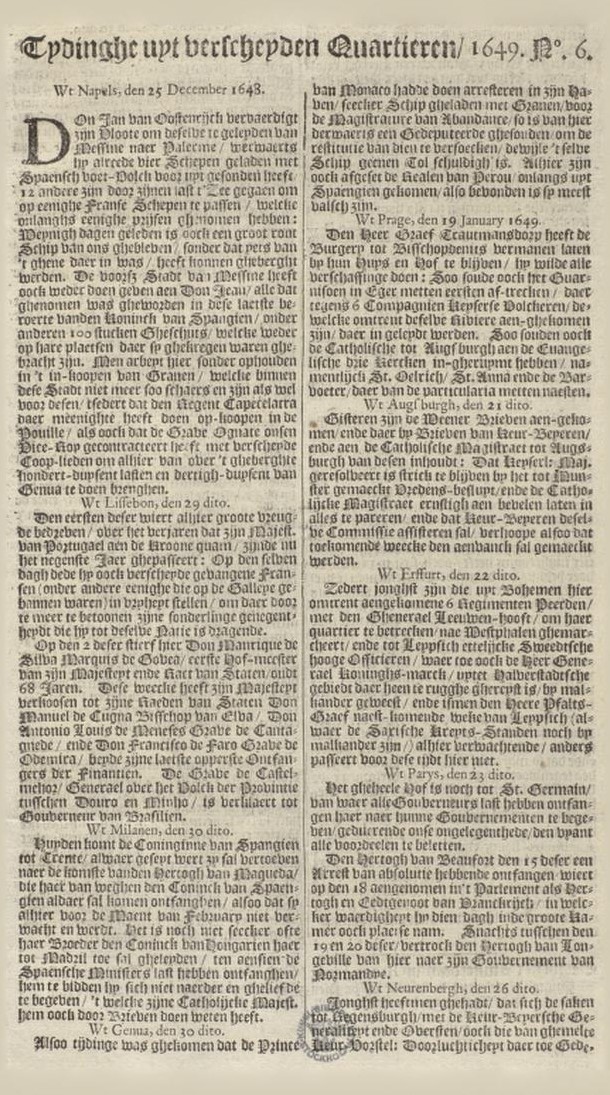
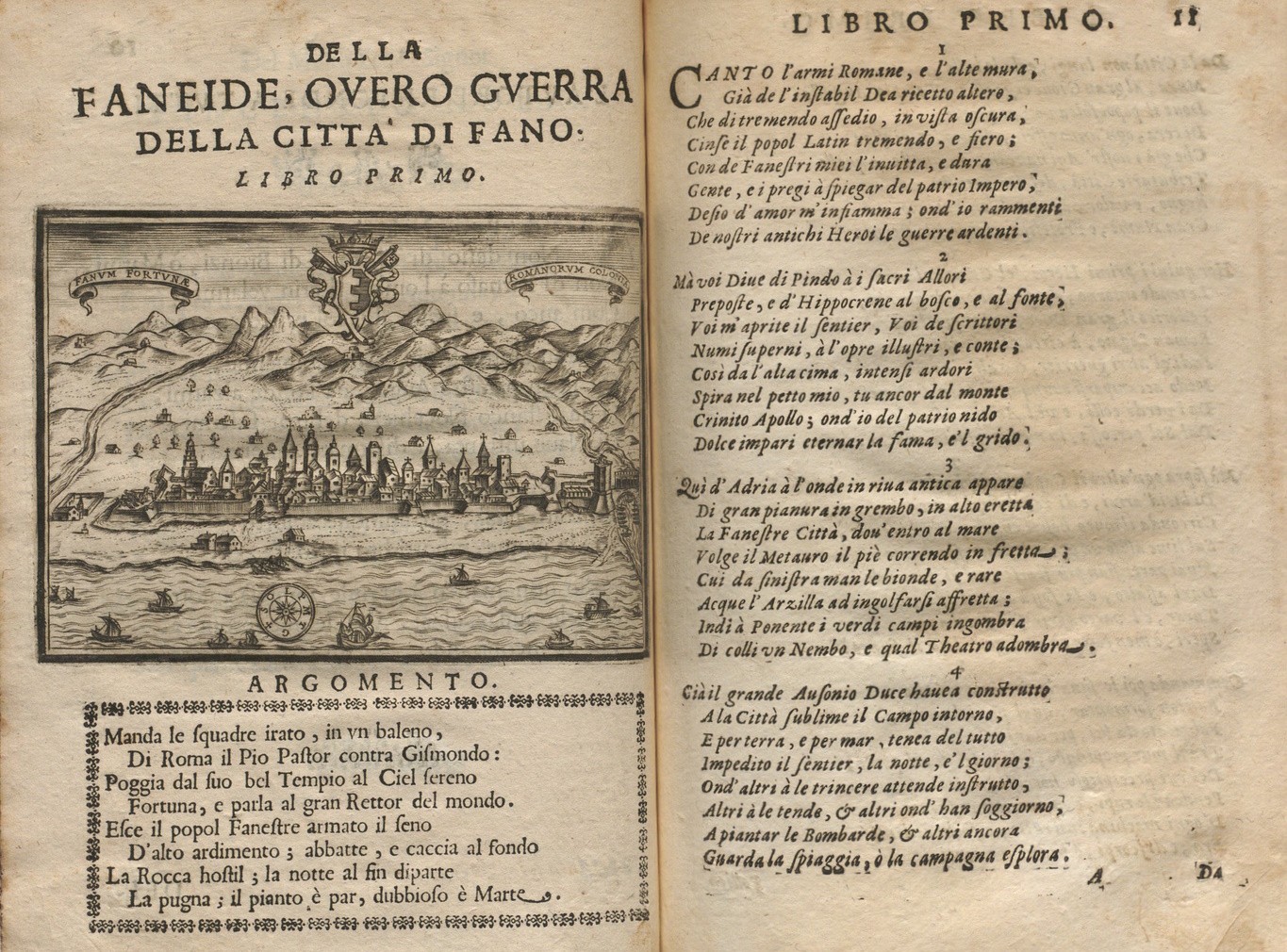
Topical poetry
Topical or occasional poetry was written in response to an event in the family (birth, marriage, death) or public sphere (battle, commemoration), or on the occasion of a poetry contest (e.g. of rhetoricians, or the Spanish justas poéticas).
Read more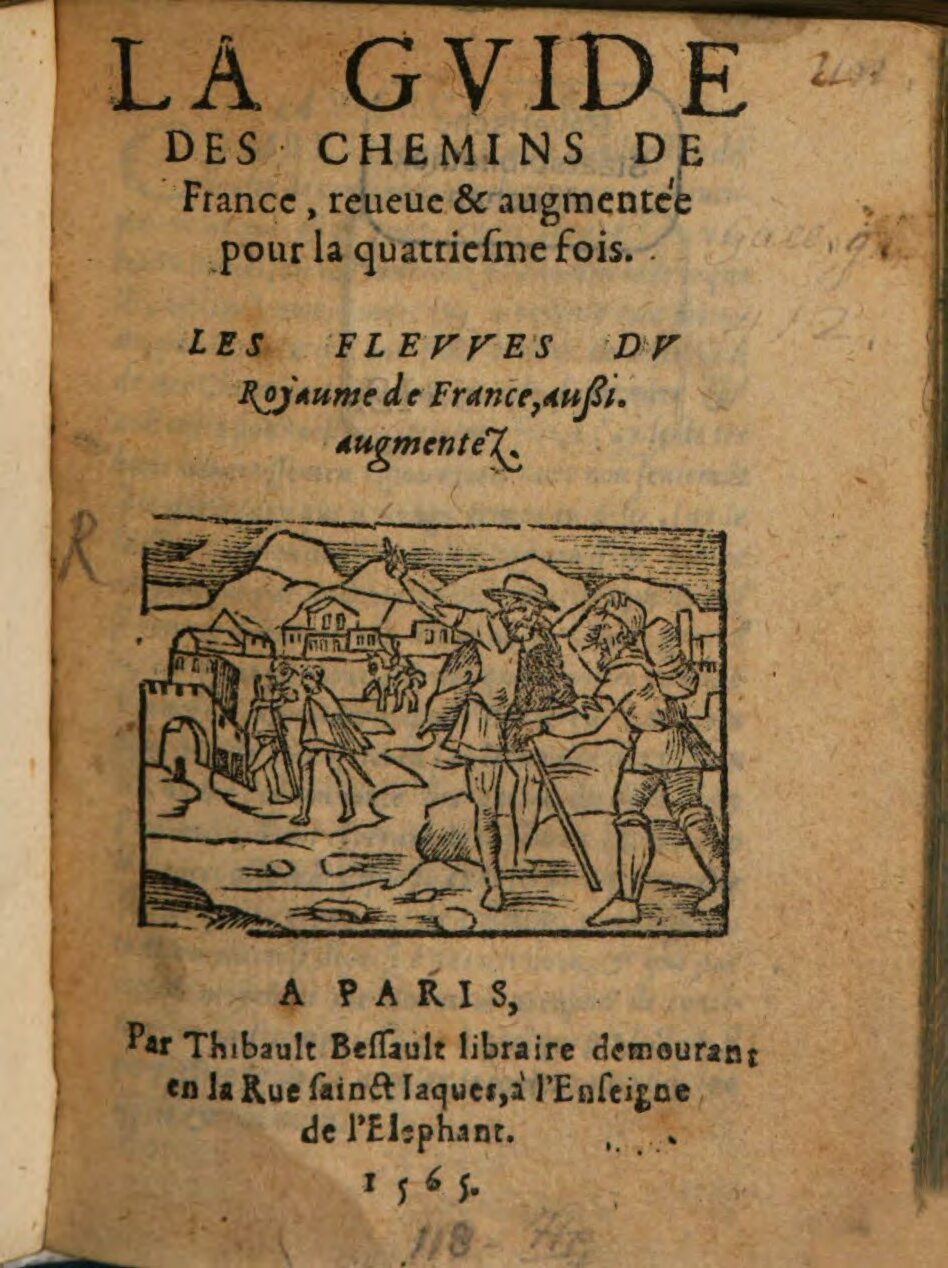
Travel accounts and guides
Descriptive accounts or literary writings by travellers.
Read more
